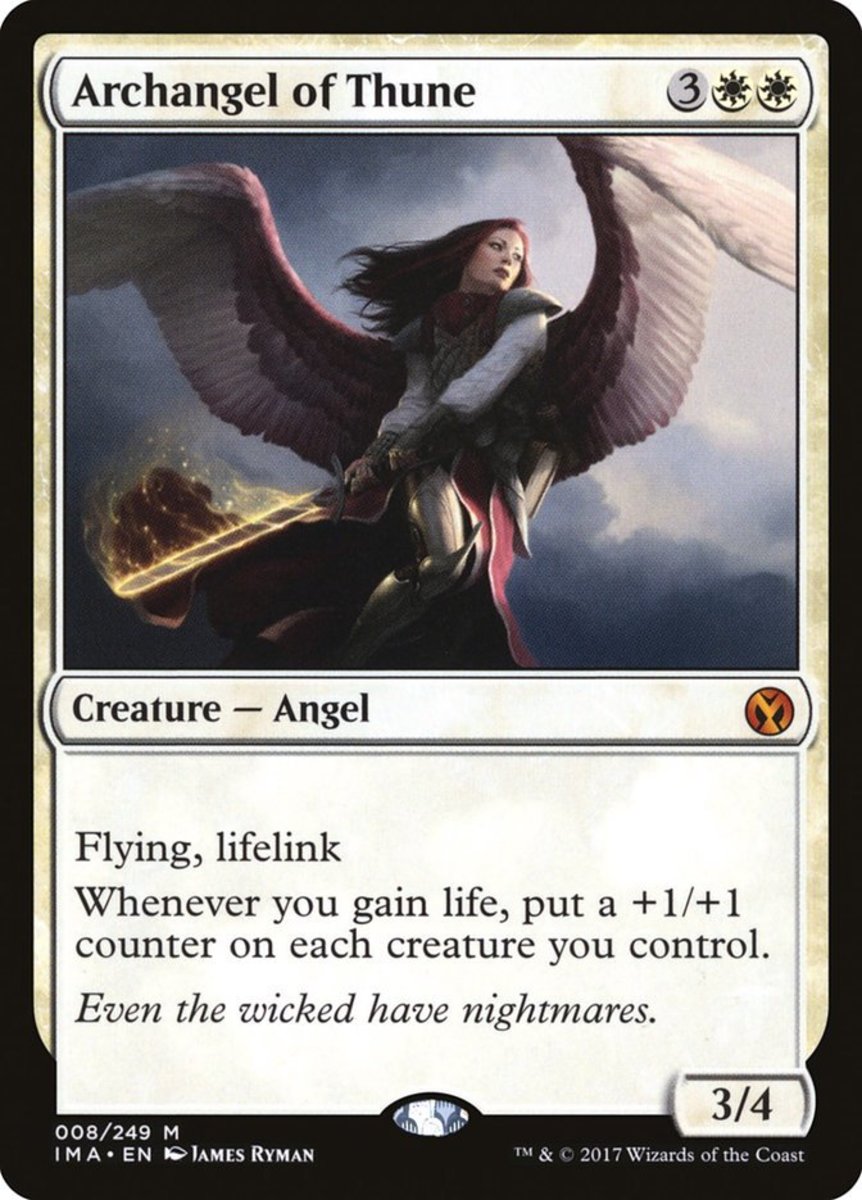

Angelic qualities, just as devilish ones, are asumed to be part of human's nature, the angelic one related to the spirit ( ruh) and reason (' aql), while the devilish one to egoism. They have different duties, including their praise of God, interacting with humans in ordinary life, defending against devils ( shayāṭīn) and carrying on natural phenomena. Angels play an important role in Muslim everyday life by protecting the believers from evil influences and recording the deeds of humans. Īngels are more prominent in Islam compared to Judeo-Christian tradition. The angels differ from other spiritual creatures in their attitude as creatures of virtue, in contrast to evil devils and ambiguous jinn. Belief in angels is one of the main articles of faith in Islam. The Quran is the principal source for the Islamic concept of angels, but more extensive features of angels appear in hadith literature, Mi'raj literature, Islamic exegesis, theology, philosophy, and mysticism. : 508 Yet, both concepts of angels as anthropomorphic creatures with wings and as abstract forces are acknowledged. Although Muslim authors disagree on the exact nature of angels, they agree that they are autonomous entities with subtle bodies. In Islam, angels ( Arabic: ملاك٬ ملك, romanized: malāk plural: ملائِكة, malāʾik/malāʾikah) are believed to be heavenly beings, created from a luminous origin by God (Allah).

Angels in the Islamic tradition Angel in a Persian miniature, in the style of Bukhara, 16th century


 0 kommentar(er)
0 kommentar(er)
